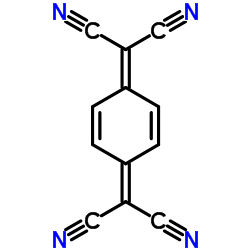| Structure | Name/CAS No. | Articles |
|---|---|---|
 |
4-tert-Butylcyclohexanone
CAS:98-53-3 |
|
 |
Tetracyanoquinodimethane
CAS:1518-16-7 |